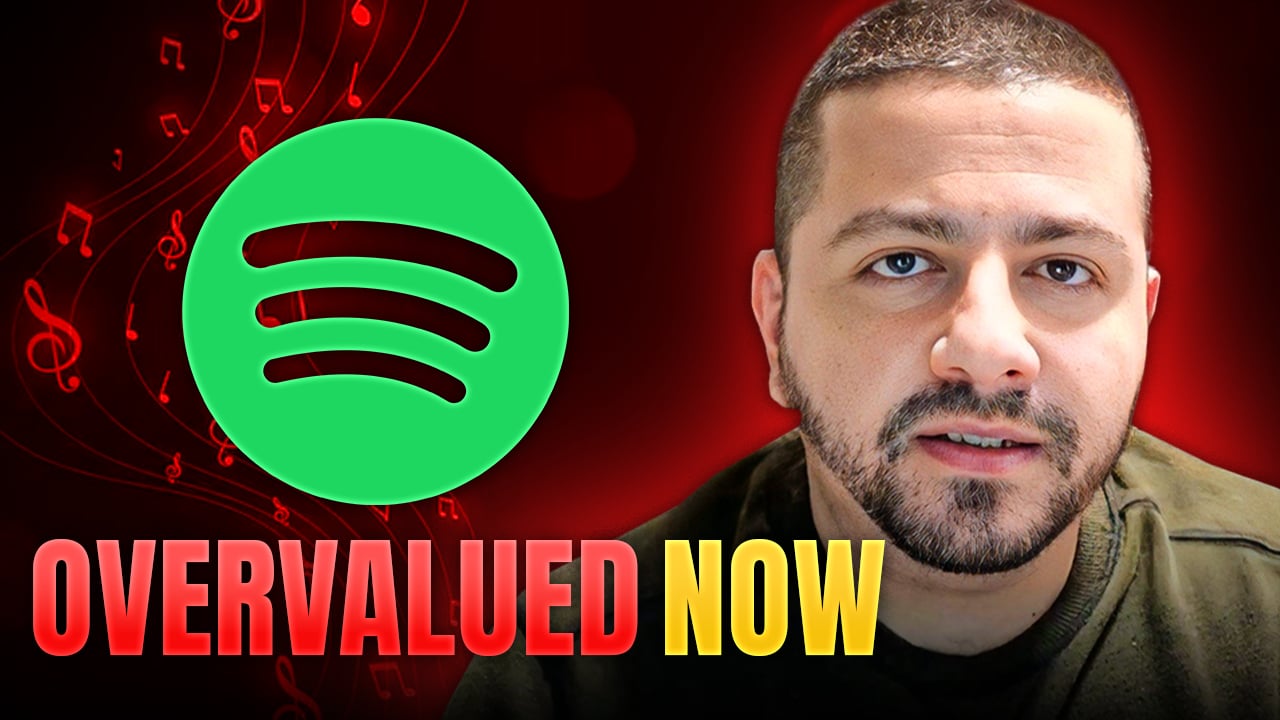It's hard to complain when a previously money-losing business finally has a quarter in the black, but trust Mr. Market to find a way if there is one. And in the case of Spotify (SPOT 0.71%), there was: Yes, it booked a paper profit -- but that derived from its investment in Tencent Music Entertainment Group (TCEHY 3.72%). The core business remains in the red.
In this segment of the Motley Fool Money podcast, host Chris Hill and Fool senior analysts Ron Gross, Matt Argersinger, and Jason Moser reflect on the real situation at Spotify, subscriber growth, and its outlook from here.
A full transcript follows the video.
This video was recorded on Nov. 2, 2018.
Chris Hill: Spotify, which surprised Wall Street by reporting a profit in the third quarter. The stock was still down this week, though, Ron.
Ron Gross: Yeah, because they don't really make money. [laughs] The only reason they were profitable is because of their investment in Tencent Music Entertainment. They got to goose up the value of that, which led to a paper profit. But they're not profitable because of what they actually do. In fact, they reported net losses every year since they launched in 2008. What do you do with that? At some point, they've got to make money. Listeners will recall, they went public back in April in a new way. They went a direct listing approach, rather than using underwriters, which people thought, "Maybe this is the new wave of going public." I don't think, necessarily, we've seen that yet. But this was a way for investors in the company to get liquidity. As a result, now it's a public company.
They've got good subscriber growth, but they did have to pare back on guidance with respect to that. They pared back on guidance with respect to gross margins. They just can't seem to flow money to the bottom line.
Hill: They have nearly 200 million monthly active users. What is wrong with this business that they can't make money, Jason?
Jason Moser: Because they have a pretty compelling free offering, actually. I use Spotify, but I never pay for it. With Spotify, we learned some lessons going into that IPO. I think Snap is another good example of learning some lessons going into that IPO. We paid attention to Facebook and Twitter, and I think we learned a lot from that to get an idea of what might happen with Snap. With Spotify, we could look back to Pandora at least to get some idea as to the economics of that business, and what they would have to do to make any really meaningful money over the long haul. The economics of the music business are just really bad. They could probably have a user base of 300 million, but I'm not necessarily sure that makes for such an attractive investment. It just goes to show that there are cases where it can be a great product or service for consumers that doesn't necessarily translate its way into good investment for investors.







